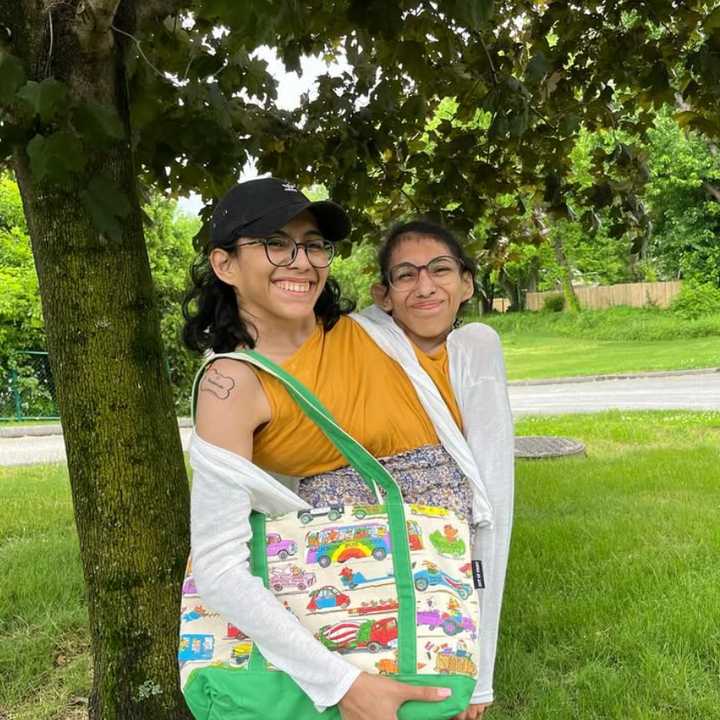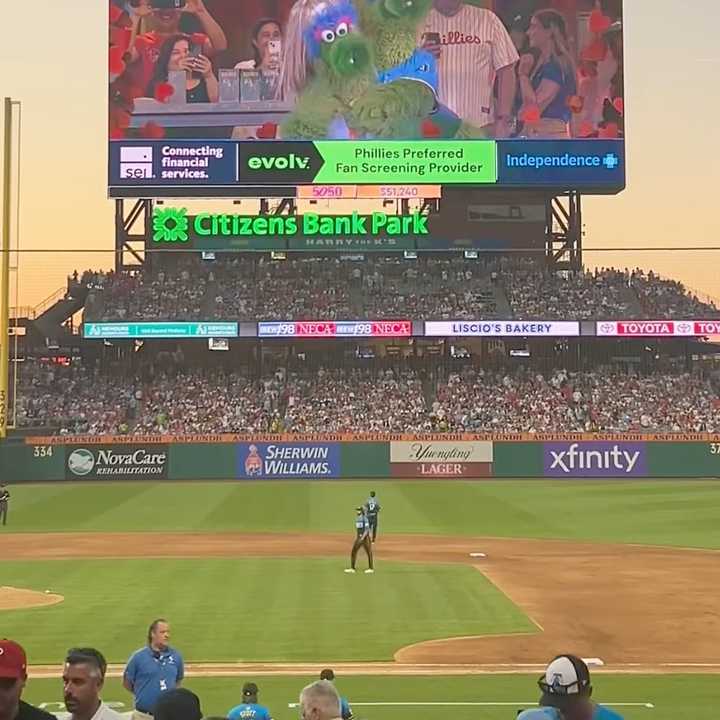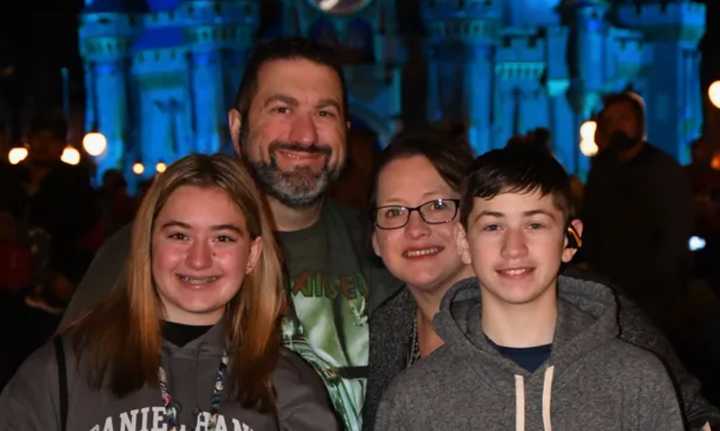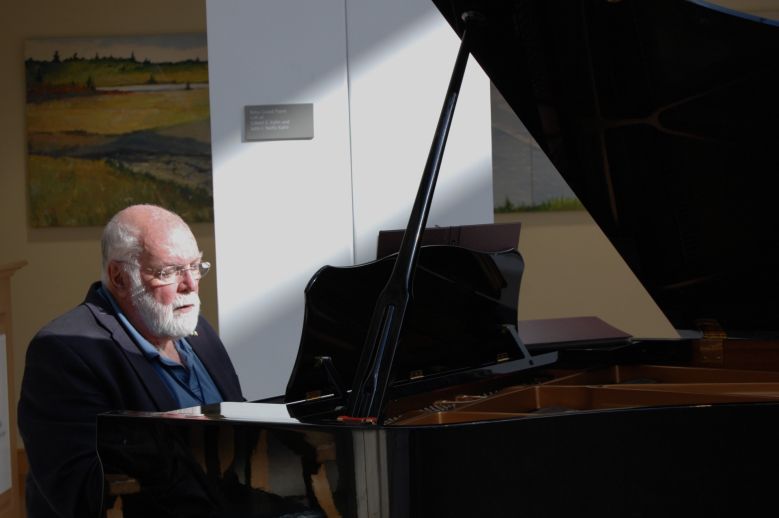Future Forecast: Here’s How Americans Expect Life To Look In 2065
Renting forever. Working less. Living with robots.
A new survey asked 2,000 adults to imagine what life could look like four decades from now. The predictions suggest a future shaped more by practicality and technology than luxury or tradition.
That’s the vision many Americans have for the year 2065.
A new survey asked 2,000 adults to imagine what life could look like four decades from now. The predictions suggest a future shaped more by practicality and technology than luxury or tradition.
Among the most striking forecasts: Twenty-five percent of respondents said they expect to rent for life, and only 35 percent of non-homeowners believe they’ll ever own property.
As for the price tag? The average home is expected to cost more than $680,000 — about $270,000 higher than today’s average.
Retirement is also seen as increasingly out of reach.
A quarter of those surveyed said they don’t think retiring will be financially possible, while nearly half of Gen Z respondents (people born between 1997 and 2012) believe retirement won’t be an option at all.
The estimated amount needed to retire comfortably in 2065? A jaw-dropping $3.5 million.
Conducted by Talker Research on behalf of LevLane, the poll reveals how younger generations are anticipating — and bracing for — sweeping shifts in financial security, technology, and lifestyle. Many expect the future to feature:
- A 30-hour workweek (rather than two-day weeks some tech leaders predict)
- A world fully reliant on digital currency and biometric payment systems
- Smart homes powered by AI
- Implanted health monitors and robot caregivers
But it’s not all doom and digital gloom.
When asked how they’d want to spend their golden years, Gen Zers offered a refreshingly grounded vision. Nearly one-third said they’d prioritize family and watching the next generation grow.
Others dreamed of traveling the world — and beyond — or retiring to hobby farms filled with animals. Some even preferred living off-grid or forming co-living communities with friends.












